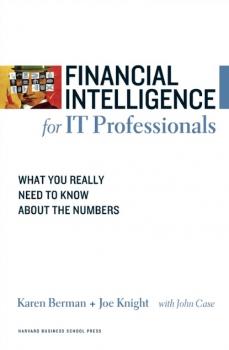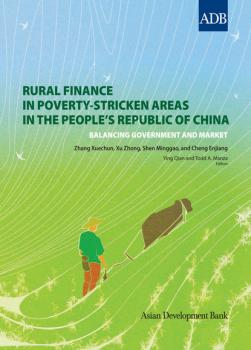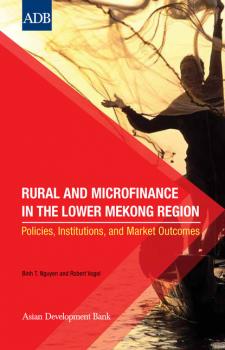Ценные бумаги, инвестиции
Различные книги в жанре Ценные бумаги, инвестицииГоворят, богатые люди инвестируют в стартапы — и становятся еще богаче. А я так смогу?
Говорим о венчурных инвестициях с Константином Виноградовым из Runa Capital. Сколько нужно денег, чтобы вкладываться в стартапы? Есть ли такая возможность у обычных частных инвесторов с небольшим капиталом? И если вы стартапер, как привлечь инвесторов?
Мы советовали скупать акции и хранить подушку безопасности в рублях. Разбираемся, где были правы, а где облажались — в первом выпуске нового сезона «Калькулятора»!
Подкаст «Калькулятор» не выходил больше трех месяцев. За это время в мире что только ни происходило: лихорадило биржи, цены на нефть и бизнес, продажи падали, компании закрывались, а безработица росла. Что это было? И что со всеми нами теперь будет?
«Все кричали „Инновация!“, а получилось „Пук!“». И все же на технологиях будущего можно заработать. Рассказываем как
В новом выпуске «Калькулятора» Наталия Грибуля и Назар Щетинин говорят об инновациях с точки зрения частных инвесторов. Они объясняют, как их искать, за чем стоит следить и что читать. А также, конечно, какие инновационные бизнесы интересуют их самих.
Хочу научиться управлять деньгами и инвестировать, но на всякие сомнительные курсы ходить не хочу. Какие есть варианты?
Наталия Грибуля и Назар Щетинин рассказывают, как самостоятельно учиться финансовой грамотности и инвестированию. В выпуске вы услышите сразу много разных: они помогут начать откладывать, не потерять мотивацию и быстро перейти к практике.
Stats and Curiosities
Fascinating stats… useful tips… entertaining topics. Did you know that to make a task seem easier, all you have to do is lean back a little? Or that retail salespeople who mimic the way their customers speak and behave end up selling more? If you like stats like this, are intrigued by ideas, and find connecting the dots to be a critical part of your skill set—this book is for you. Culled from Harvard Business Review ’s popular newsletter, The Daily Stat, this book offers a compelling look at insights that both amuse and inform. Covering such managerial topics as teams, marketing, workplace psychology, and leadership, you’ll find a wide range of business statistics and general curiosities and oddities about professional life that will add an element of trivia and humor to your learning (and will make you appear smarter than your colleagues). Highly quotable and surprisingly useful, Stats and Curiosities: From Harvard Business Review will keep you on the front lines of business research—and ahead of the pack at work.
Rural Finance in Poverty-Stricken Areas in the People's Republic of China
Local financial institutions represent the best choices in the financial system for small and medium-sized enterprises and farming households. Government agencies in the People's Republic of China (PRC) have proposed policies that would relax market entry criteria and allow the creation of diversified rural financial institutions. These measures will help improve PRC's financial market structure, promote better rural financial services, enable financing of labor-intensive economic activities, and promote socioeconomic development. This publication offers an overview of rural finance in the PRC, examines current financial policy and models, and offers recommendations for future reform measures.
Rural and Microfinance in the Lower Mekong Region
This study examines progress in rural and microfinance in Cambodia, the Lao People's Democratic Republic, and Viet Nam over the past decade, in comparison with industry standards set by international best practices. The study focuses on the policy environment, including regulatory norms and their implementation, as well as support provided to financial infrastructure, and the impact of this environment on the development and performance of institutions providing rural and microfinance services. This examination helps guide government and international development agencies as to which types of interventions can be most supportive of efficient and sustainable institutions that provide financial products and services to the poor, especially those in rural areas.









